Medical Ethics Accounts Of Ground Breaking Cases 8th Edition By Gregory – Test Bank
$55.00
Medical Ethics Accounts Of Ground Breaking Cases 8th Edition By Gregory – Test Bank
Category: Test Bank
You will receive this product within 24 hours after placing the order
Medical Ethics Accounts of Ground Breaking Cases 8th Edition By Gregory – Test Bank
Chapter 11
The God Committee
- In selecting candidates for dialysis, the God Committee itself selected candidates for machines by using the selection standard of:
- a lottery.
- B. social worth.
- strictly non-psychological, medical criteria.
- only psychological criteria.
- the ability to pay.
Accessibility: Keyboard Navigation
- Which of the following is a TRUE statement?
- Marissa Ayala was conceived to be a bone marrow donor, had her bone marrow harvested, and died as a result.
- B. Belding Scribner invented a permanent, indwelling shunt for hemodialysis patients.
- Shana Alexander did not think that Belding Scribner manipulated America and Congress to pay for dialysis machines.
- The End Stage Renal Disease Act saved Americans money over the next decades because dialysis machines became cheaper as more were produced.
- An African-American named Bruce Tucker got a heart transplant from a white man with head injuries.
Accessibility: Keyboard Navigation
- Which of the following is TRUE in the Pittsburgh protocol for obtaining organs for transplantation?
- The patient is declared dead by the Harvard criteria of brain death.
- B. Drugs are administered that might accelerate the death of the patient from whom the organs are taken.
- Most families understand that the organ donor’s death will be managed to maximize the health of the organs to be transplanted.
- Transplant surgeons don’t have to wait a few minutes after the heart stops before declaring a patient dead.
- It mandates doing everything possible for the health of the patient from whom the organs are taken.
Accessibility: Keyboard Navigation
- With regard to giving a patient a second heart transplant, it is TRUE that:
- patients receiving second heart transplants live longer, on average, than first-time recipients.
- it costs much less to give a patient a second heart transplant than to give the heart to a first-time recipient.
- providing a second transplant to the same patient is not an example of the Rule of Rescue.
- D. patients are often given a second or third transplant because the transplant teams feel that to let a transplant recipient die is to abandon him or her.
- a national policy allowing second and third transplants to the same patient gets the most years of human life per organ transplanted.
Accessibility: Keyboard Navigation
- A utilitarian would not manage the distribution of organs by:
- giving no patient a second organ transplant of the same organ when other patients need the organ.
- B. giving preference to the sickest patients.
- requiring people who obtain organs to in turn declare themselves organ donors.
- assuming that each organ saves a life and by not giving one person four organs from one cadaver, but giving four people one organ.
- banning the Rule of Rescue and using impartial criteria for the allocation of organs.
Accessibility: Keyboard Navigation
- The Rule of Rescue, named by bioethicist Albert Jonsen, refers to _____.
- A. giving scarce medical resources to an identified patient
- giving scarce medical resources to deserving but anonymous people
- withdrawing medical support from identified patients
- providing medical attention to affluent sufferers only
- maintaining calm during emergency rescue operations
Be the first to review “Medical Ethics Accounts Of Ground Breaking Cases 8th Edition By Gregory – Test Bank” Cancel reply
Related products
$35.00


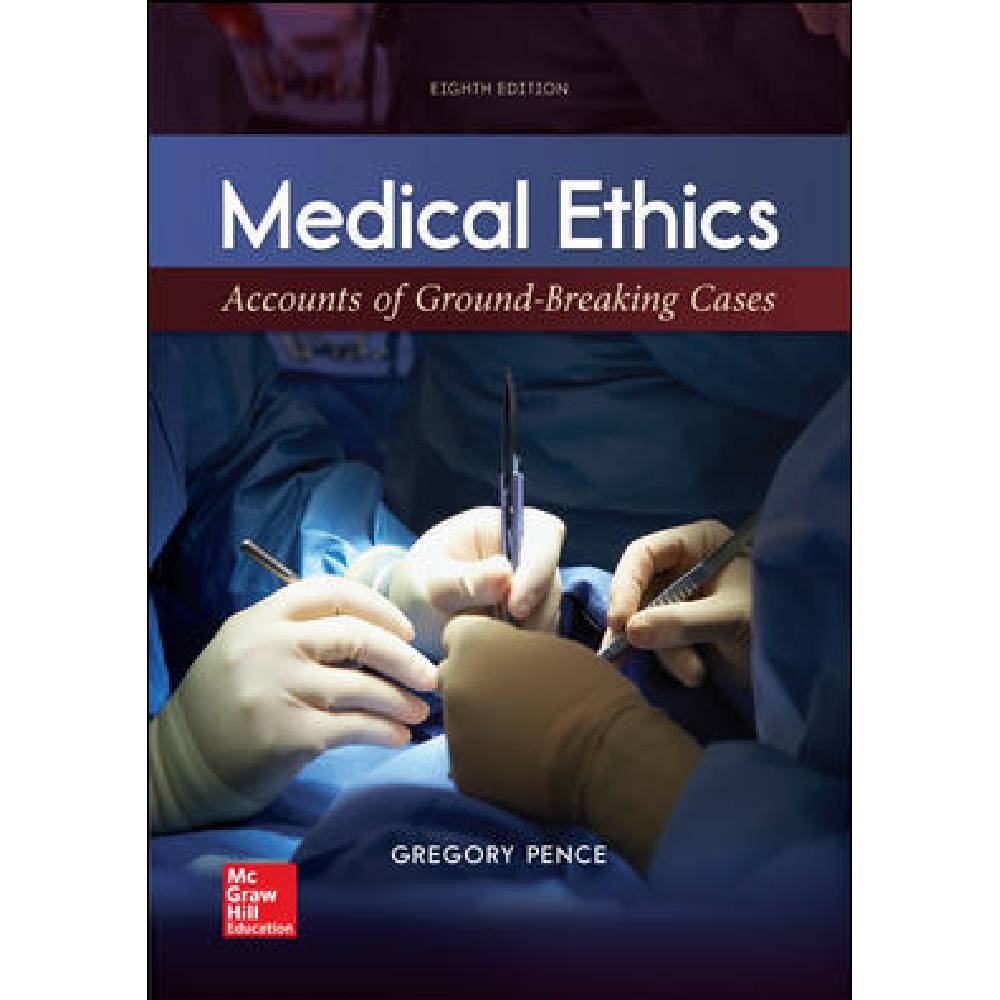

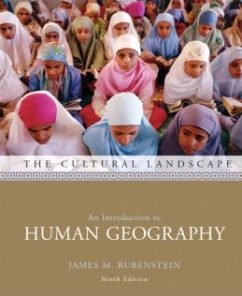



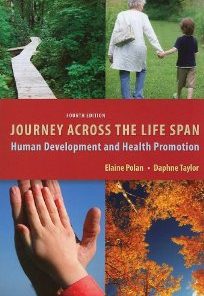
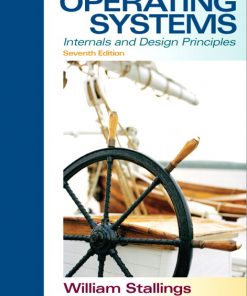
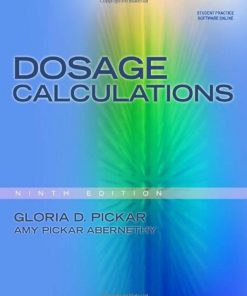
Reviews
There are no reviews yet.